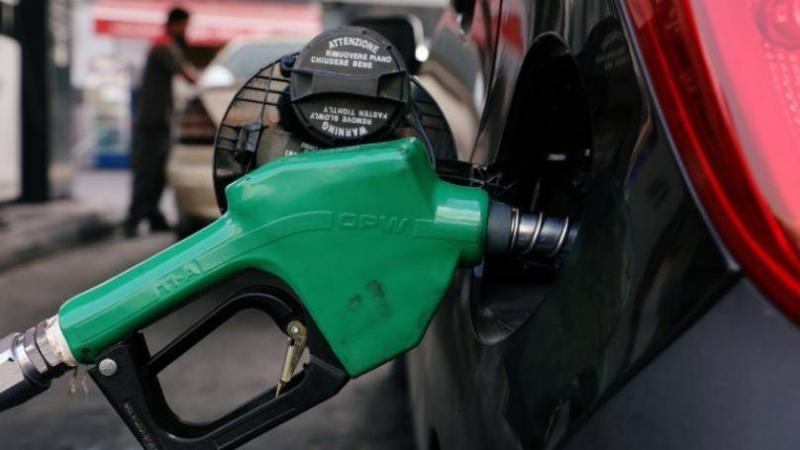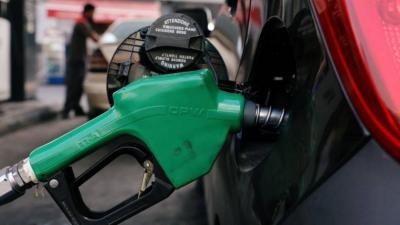The Lebanese citizen is caught between the anvil of rising prices and the hammer of dollarization. While demands from traders to dollarize several sectors, such as fuel, gas, bread, and generators, continue, the price of gasoline has reached its highest level today, with 95 octane gasoline nearing 814,000 Lebanese pounds and 98 octane gasoline reaching 832,000 Lebanese pounds. This week's rise in fuel prices, according to George Brax, a member of the Gas Station Owners Syndicate, is attributed to fluctuations in the exchange rate of the dollar in the free markets.
Brax reiterates, through "Al-Markaziyah," his call for fuel pricing in dollars, explaining that this decision would impose market stability, keeping in mind that the cost to the consumer would remain the same. When asked if this demand is met with a listening ear from the relevant parties, Brax confirmed that the pricing mechanism will remain as it is for now, as the Ministry of Energy and Water does not accept dollar pricing based on the law that mandates pricing in Lebanese pounds.
The state, which found a solution with companies by issuing a daily pricing table in line with the dollar's movement in the parallel market, has disrupted the workflow dictated by issuing tables at noon, leading oil companies to complain about delays and the multiplicity of tables affecting price adjustments that may occur twice a day in case of a sudden rise or drop in the dollar's exchange rate. Meanwhile, the table delays the movement of tankers that are late in loading and starting. Gas station owners also find it difficult to close their accounts while waiting for the numbers to be adjusted on the counters. As a result, Brax proposes issuing a morning table based on the dollar's closing price or finding a solution to this technical dilemma.




